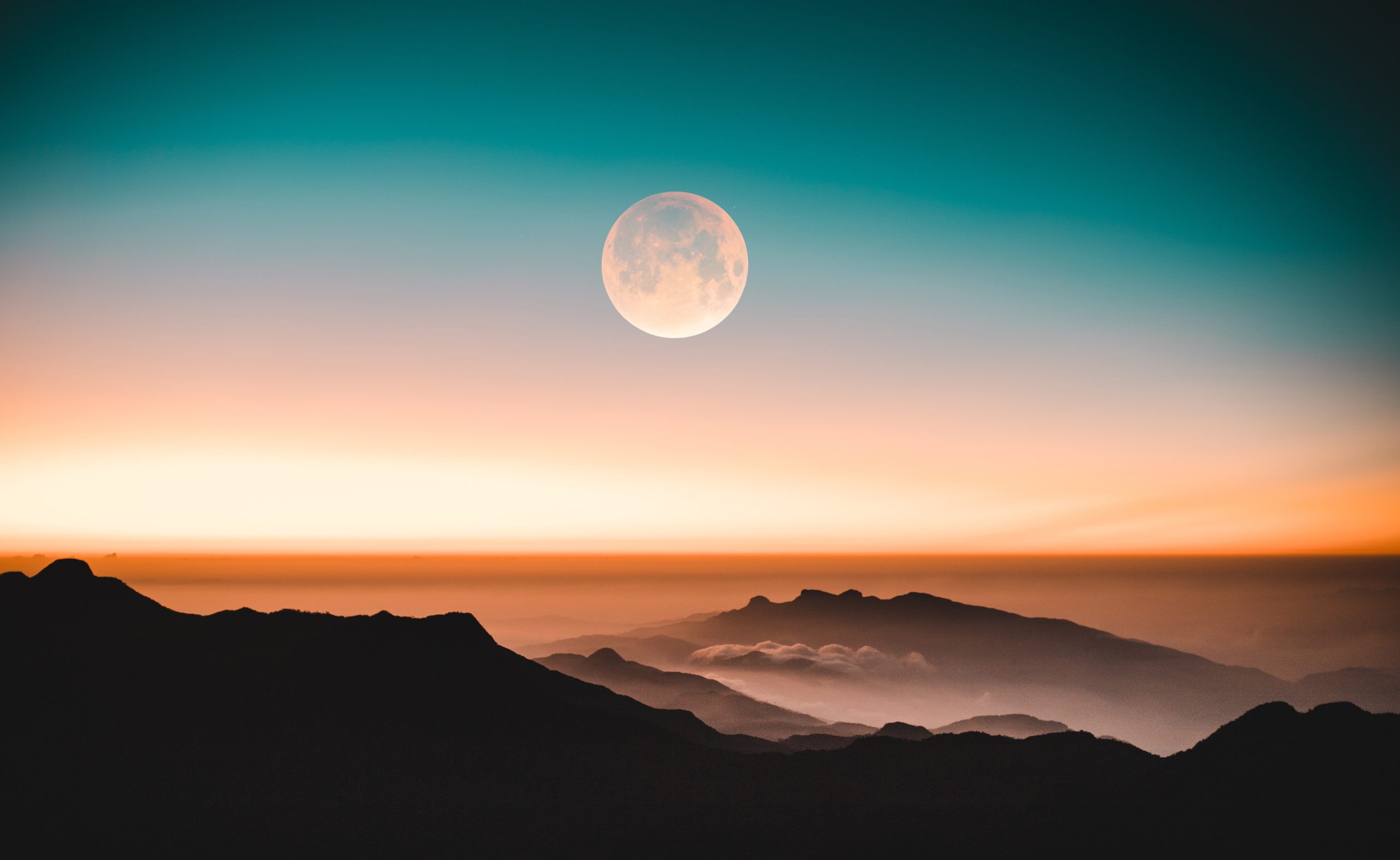The Full Moon and Pregnancy Labor: Fact or Myth?
The connection between the full moon and pregnancy has been the subject of much speculation and folklore for centuries. Many believe that the full moon has the power to induce labor, while others dismiss it as nothing more than an old wives’ tale. In this article, we will explore the theory behind the full moon’s effect on pregnancy and delve into the scientific research surrounding this phenomenon.
What is the Full Moon?
Before we dive into the topic of pregnancy and the full moon, let’s take a moment to understand what the full moon actually is. The full moon occurs when the moon is completely illuminated as seen from Earth. It happens when the moon is directly opposite the sun, with the Earth situated between the two celestial bodies. This lunar phase typically happens once every 29.5 days.
The Lunar Effect on Water
One of the arguments behind the full moon’s link to pregnancy labor is the belief that, just as the moon affects the tides in the ocean, it has a similar influence on the amniotic fluid in a woman’s body. Amniotic fluid plays a crucial role during pregnancy as it acts as a cushion and protects the developing fetus. It is suggested that the moon’s gravitational pull on the amniotic fluid could stimulate contractions, potentially leading to labor.
While it is true that the moon’s gravitational force affects the tides, it’s important to note that the gravitational pull on a woman’s body is significantly smaller. In fact, the force exerted by the moon on a newborn baby is about one-fifteenth the strength of a mosquito resting on the baby’s head. This minimal force makes it highly unlikely that the moon’s gravitational pull alone could trigger the onset of labor.
The Role of Light in Circadian Rhythms
Another theory regarding the full moon’s effect on pregnancy labor revolves around the impact of lunar light on the body’s circadian rhythms. Circadian rhythms are natural, internal processes that regulate our sleep-wake cycle and hormone production. It is suggested that the bright illumination of the full moon disrupts a pregnant woman’s circadian rhythm, potentially leading to hormonal changes that could initiate labor.
While light is indeed a powerful cue for our biological clocks, studies have shown that artificial light sources, such as indoor lighting, can have a more significant impact on circadian rhythm regulation than lunar light alone. Additionally, the human body has evolved to adapt to various light conditions, making it highly unlikely that the full moon’s illumination could trigger a sudden hormonal shift leading to labor.
The Lack of Scientific Evidence
Despite centuries of anecdotal evidence linking the full moon to pregnancy labor, actual scientific studies have failed to establish a concrete connection. Numerous research studies have been conducted to test the full moon’s influence on labor induction, but the results have been inconsistent and inconclusive.
One such study published in the American Journal of Obstetrics and Gynecology analyzed over 500,000 spontaneous vaginal births over a span of 62 lunar cycles. The researchers found no significant correlation between the full moon and the number of births or the onset of labor. This study further highlighted the lack of scientific evidence to support the full moon’s influence on pregnancy labor.
The Power of Belief and Serendipity
While the scientific community may remain skeptical about the full moon’s effect on pregnancy labor, it is important to acknowledge the power of belief and the influence it can have on our experience. Many women who believe in the full moon’s influence may feel a psychological connection, leading them to perceive the onset of labor during a full moon even if there is no causal relationship.
Additionally, due to the variability of the gestation period and the unpredictability of labor, it is not uncommon for women who go into labor during a full moon to attribute it to the moon’s influence, creating a perceived correlation where none may exist. This phenomenon of connecting unrelated events is known as serendipity, and it contributes to the perpetuation of the full moon’s myth in relation to pregnancy labor.
In Conclusion
While the full moon and pregnancy labor may continue to be a topic of folklore and speculation, the scientific evidence does not support a direct causal relationship. The full moon’s gravitational force and lunar light alone are unlikely to trigger labor. However, the power of belief and the influence of serendipity cannot be underestimated.
As we embrace the beauty of the full moon’s illumination and marvel at its wonders, let’s appreciate it for what it truly is – a breathtaking celestial event. And if you happen to go into labor during a full moon, you can choose to view it as a fortuitous coincidence or a charming story to pass on to your child in years to come.
Table of Contents
